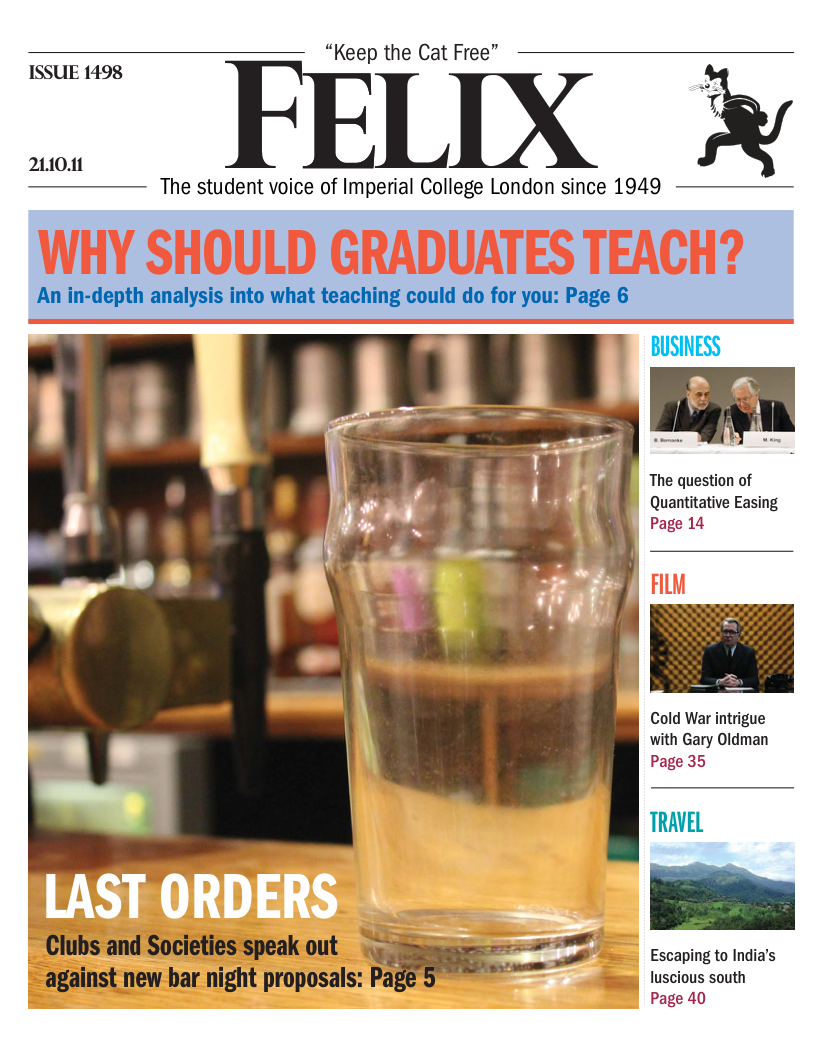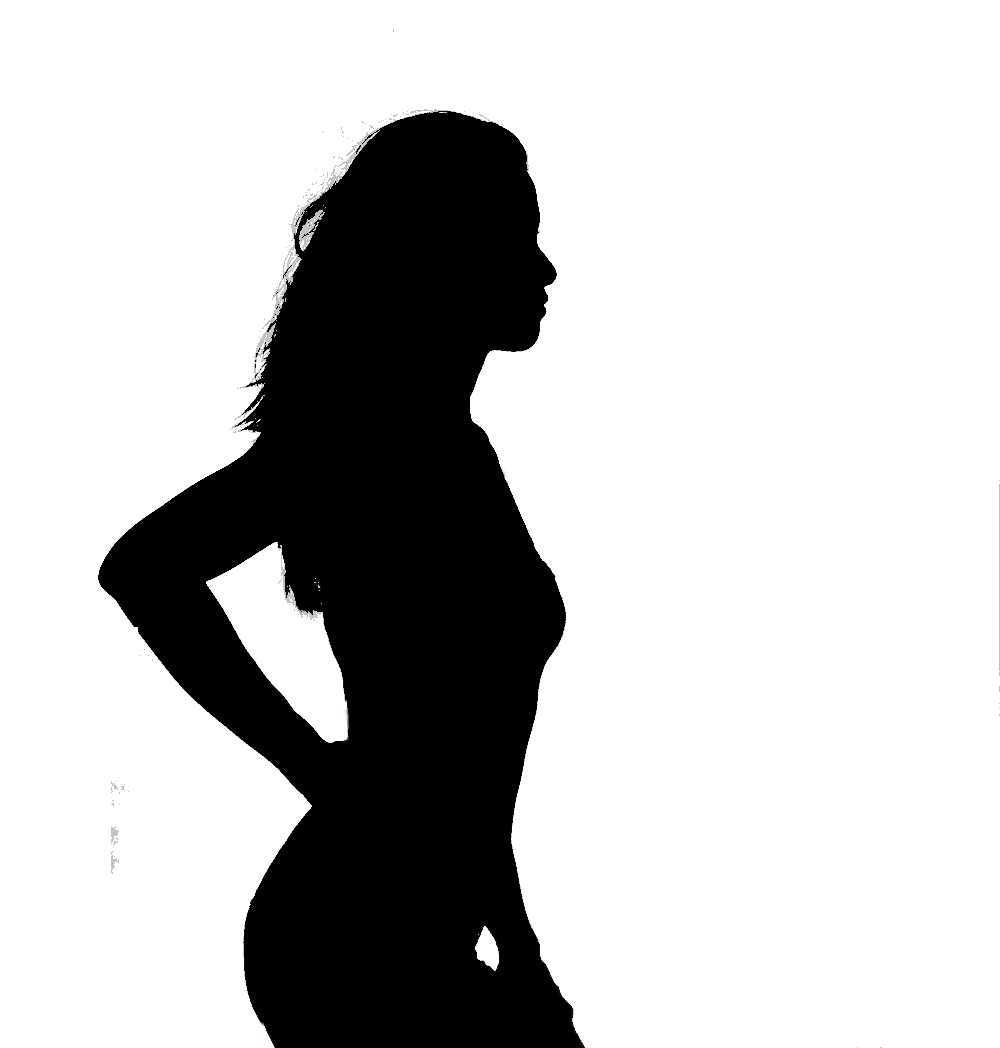When Equality is Unfair
We should understand society's differences rather than ignoring them, argues Mahfooz Hasan

Equality is based on the mathematical equation. x = x, y = y, there’s no two ways about it. It has to be the same quantity, size, value etc. When applied to people, it refers to the state of being equal, especially in status, rights and opportunities. What it does not take into consideration is the difference between people, their role in the world, their characteristics – their individuality. It turns human beings into numbers and equations, in order to suit the logistics, to make it easy for lawmakers. On the other hand, fairness involves taking into consideration a person’s needs, his/her background – his/her individuality. It treats human beings as more than just numbers and equations, it treats them as individuals with emotions, beliefs and morals.
Take the famous battle of the sexes. Men and women are not the same, they are different: they have different emotional and physical needs, different ways of thinking, different way of doing things etc. Providing them with equal resources and treating them as equals is at times unfair. For example, giving both men and women one month parental leave is unfair. A woman needs to go through a great deal more during pregnancy, child-birth, and after the child is born. Egalitarianism would suggest an equal time off for both parents, but anyone with any sort of logical thinking would agree that women should be given a longer maternal leave than men get for paternal leave. Equality can at times be unfair, and to exercise a fair system one must look at the individuality of a person, rather than just looking at people as numbers and equations.
Let’s look at a more controversial example: wages. Almost everywhere you will see that employees of the same grade are paid equal salary. For example, all sales assistants in a supermarket will be paid x amount of money, so as to comply with equality laws, and at first glace this appears to be fair and just. But if we consider the individuality of the persons working in that post, we see that the output varies from person to person. Not everyone is equally motivated, equally skilled or equally honest – not everyone has the same characteristics. An employee who puts forth double the effort, and sells double the quantity of stock is paid the same as an employee who puts in a luck-lustre effort and couldn’t care less about how many products the shop is selling. In hindsight, surely, that looks like a poor deal for the employee who actually wants to work.
Conventional wisdom suggests that unequal salary would cause friction and jealousy in workplace, but in truth an equal salary system is worse. It infuriates the hard-working employees, who feel aggrieved that colleagues that are putting in less effort are paid the same salary. It can bother them so much that they eventually slack off themselves.
Research shows that this breeds more envy, and produces lower morale amongst employees than there would be in an unequal wage environment. Furthermore, an equal salary means there is no longer a monetary incentive to exceed in your job. Employees also perceive the equal wage system as less fair, and this perception will lead to decreased efficiency in the workplace.
Of course, there are times when equality is fair. For example, men and women should be given equal opportunities to pursue a good education and a career of their choice. But perhaps we should not be so fixated on the ideology that equality solves discriminatory problems. Perhaps discrimination at certain times provides the solution for some of the problems; discrimination based on people’s work ethic, their effort and their honesty. Equality at times is unfair, and we should seek to be a society that aspires to be fair, not to be equal.








